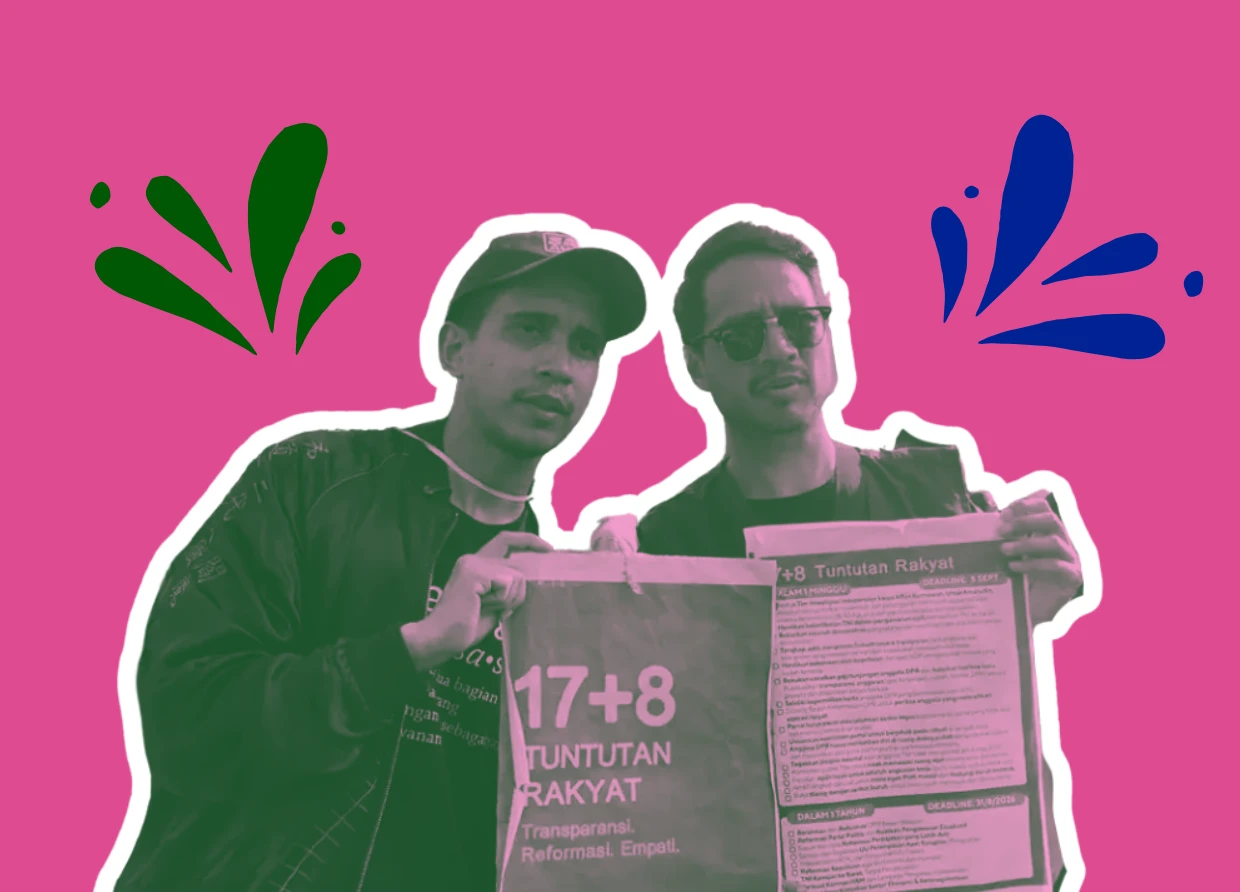BECOMING A DIGITAL NOMAD: EXPERT TIPS FOR A SEAMLESS TRANSITION
Navigating the Digital Nomad Lifestyle: From Visa Applications to Tax Considerations

The allure of working while sipping a smoothie at a beach bar or amidst the lush ambiance of a themed resort is gaining momentum as the flexible and digital nomad lifestyle becomes increasingly popular. For those intrigued by the idea, two digital nomad experts share their invaluable tips, ranging from planning to visa applications.
According to technology and digital nomad expert Michael Moore, preparing to embark on a digital nomad journey requires careful planning over a span of two to three months. This includes managing visa requirements and securing long-term accommodation.
Here are some key recommendations for a smooth transition:
1. Establish a Virtual Address in Your Home Country
Set up a virtual address in your home country that provides scanning or forwarding services for mail. This ensures you maintain a permanent address for banking, tax purposes, voting, and more.
2. Essential Travel Gear
Traveling necessitates specific gear, including a durable and lightweight laptop with spare batteries. Additionally, equip yourself with cellular Wi-Fi, cloud platforms such as G Suite or Office 365, and productivity tools like Grammarly, Trello, and Slack for efficient remote work. Justin Chia, a data analysis expert, recommends blue light glasses and noise-canceling headphones for enhanced focus.
3. Visa Application
Research visa requirements thoroughly for each country you plan to visit. Moore emphasizes submitting applications tailored to your needs and intended length of stay. Some locations offer digital nomad or freelance visas, providing extended stays beyond tourist visas. For stays exceeding three months, consider obtaining a suitable long-term visa and ensure you provide evidence of remote work, such as contracts and client letters, when applying.
4. Health Insurance
Always have travel health insurance that covers the entire duration of your journey or visa period.
Data analysis expert Justin Chia adds that Thailand and Indonesia allow stays of up to 30 days upon arrival. Several countries, including Germany, Estonia, Croatia, and Mexico, offer specific visas for digital nomads.
Post-Commencement Tips
Once you've started your digital nomad lifestyle, Moore suggests spending at least one to two months in each destination to avoid exhaustive transit conditions. Another crucial factor is taxation. To prevent tax domicile issues, limit your stay in a specific country to a maximum of six months per tax year. Consult with an accountant knowledgeable about expatriate taxes and the implications of being a digital nomad.
Moreover, research tax laws in the country where you earn income, as you may need to pay taxes based on specific rules and thresholds.
Embarking on a digital nomad journey requires meticulous planning, but with the right preparation, you can enjoy the freedom of working from diverse and inspiring locations around the world.
#THE S MEDIA #Media Milenial #Digital Nomad #Remote Work #Flexible Lifestyle #Travel #Visa Application #Work Abroad #Nomadic Tips #Technology #Health Insurance #Tax Considerations #Global Work #Productivity Tools #Lifestyle Trends


























